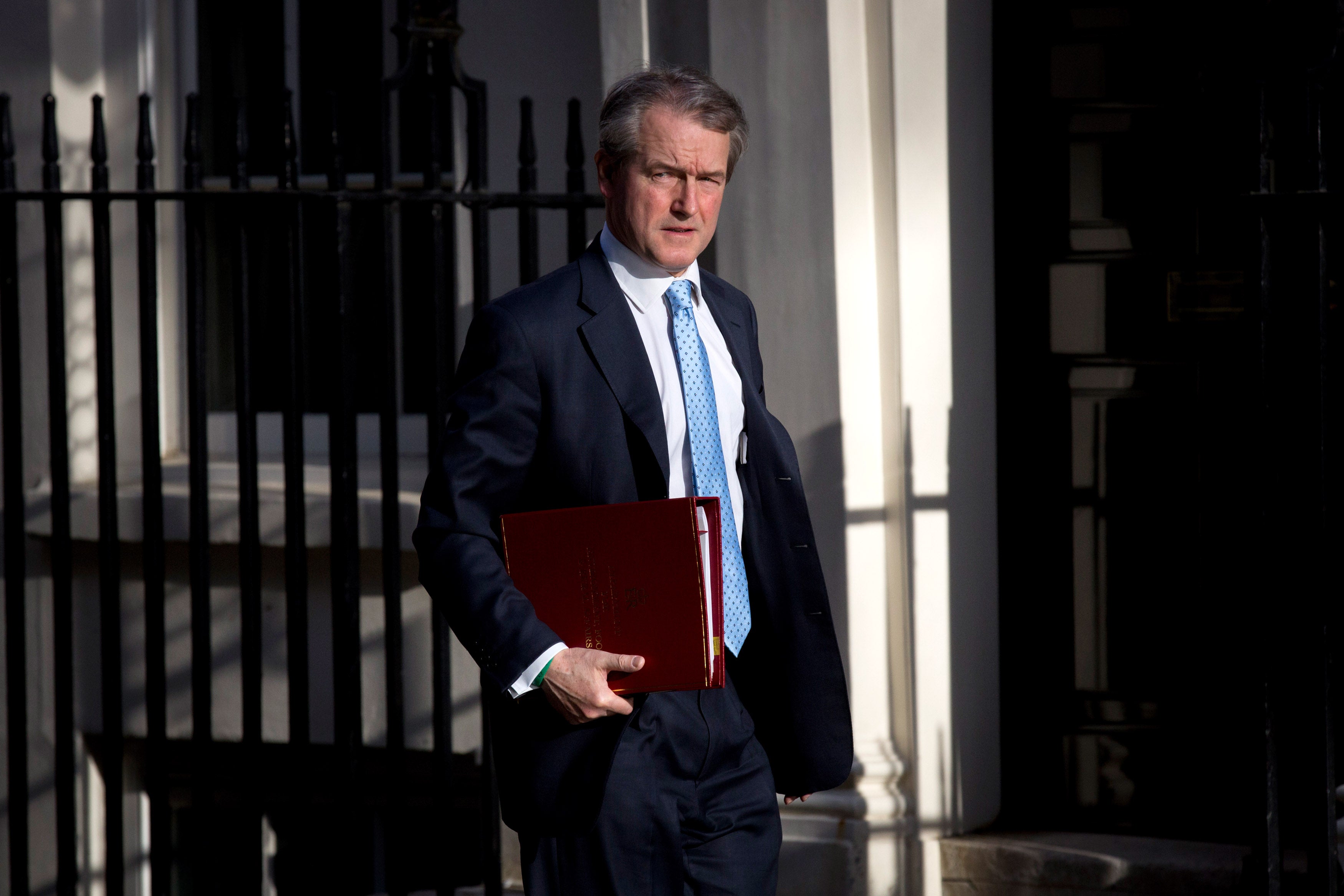What could Owen Paterson’s suspension mean for British politics?
For better or worse, the public’s perception of parliamentarians is not much moved by recent scandals, writes Sean O’Grady


What does the suspension of Owen Paterson mean for British politics? The short answer is relatively little, though it certainly is an important event in the life of Mr Paterson, and for what it tells us about the current state of behavioural standards in parliament – but it is unlikely to have wider ramifications.
In recent months there have been various cases of MPs being investigated over a range of matters, perhaps most prominently Claudia Webbe, former Labour and now independent MP for Leicester East, prosecuted for harassment and currently appealing her case. Boris Johnson also, who was severely admonished by the parliamentary standards commissioner over lack of transparency over the funds for the refurbishment of his street Downing Street flat and who paid for a luxury holiday. In recent weeks too, there was the example of Rob Roberts, ex-Conservative and now independent MP for Delyn, suspended from parliament for six weeks for sexual harassment.
Mr Paterson’s recommended four-week suspension and sharp criticism of him by the commissioner, Kathryn Stone, has to be placed in that context. In her view and that of the cross party parliamentary standards committee (including Conservatives), Mr Paterson’s lobbying was so “egregious” that the Thatcherite had brought parliament into disrepute. He “repeatedly used his privileged position to benefit two companies for whom he was a paid consultant … No previous case of paid advocacy has seen so many breaches or such a clear pattern of behaviour in failing to separate private and public interests”.
In his defence, Mr Paterson pleads that the investigation had had a terrible impact on his wife, who took her own life last year. Mr Paterson has been a high-profile advocate on suicide-related charitable causes. He states that the commissioner’s investigation “offends against the basic standard of procedural fairness that no one should be found guilty until they have had a chance to be heard and to present their evidence including their witnesses”. Of his wife, Rose, he adds: “We will never know definitively what drove her to suicide, but the manner in which this investigation was conducted undoubtedly played a major role,” he said in a statement responding to the commissioner and committee’s ruling.
The Commons will soon debate and vote on the report and the recommended punishment of a month’s suspension – and MPs do not necessarily have to endorse it. There is much personal sympathy for Mr Paterson, and some suggestion of disquiet about the way the independent commissioner goes about her work, though MPs historically have been jealous of their privileges and the relatively recent innovation of an independent regulator (after the sleaze scandals of the 1990s) went against tradition and was resented.
If MPs do endorse the committee’s report then the “recall” procedure will be triggered, and a petition to hold a by-election to unseat Mr Paterson will be opened up. This is a necessarily lengthy and difficult process, requiring 10 per cent of the constituency’s electorate to sign up for a by-election. Even then the sitting MP can stand again, probably as an independent, but possibly as a Conservative. On the face of it, it would be difficult to see the petition getting the needed support or Mr Paterson being unseated even if it were. He commanded an impressive 62.7 per cent of the vote in North Shropshire, with a majority of 40.6 per cent over Labour.
Recall petitions have been used three times in the last four years. The petition against Ian Paisley Junior, the MP for North Antrim, failed to attract the required number of signatures, so he kept his seat; in the second case, Peterborough, the Labour MP stood down but Labour retained the seat; in the third, Brecon and Radnorshire, the Conservatives re-selected the ex-MP, but he lost to the Liberal Democrats. At the 2019 general election soon after it was regained by the Conservatives. A fourth recall petition, for Keith Vaz in Leicester East, was overtaken by the last general election (with Ms Webbe succeeding him).
If Mr Paterson were to be subjected to a re-run and lost his seat in the Midlands, it would certainly be an embarrassment for the prime minister but would make little dent on his parliamentary majority. Labour might attempt to use it as a way of adding traction to their “sleaze” campaign, but not so much if they also have a by-election in Leicester to contend with. The general public perception of parliamentarians is what it is, and, for better or worse, is not much moved by either scandals or the kind of generous tributes paid to the late Sir David Amess, or Jo Cox before him.
Mr Paterson will still be around for a while.
This article was amended on 30 November 2021. It originally incorrectly stated that Ian Paisley Junior had stood again and won, following a recall petition. However, the number of signatures required to trigger a by-election was never obtained and so he kept his seat.

Join our commenting forum
Join thought-provoking conversations, follow other Independent readers and see their replies
Comments